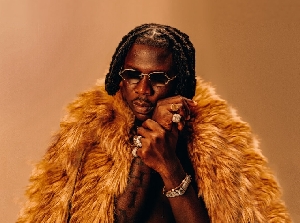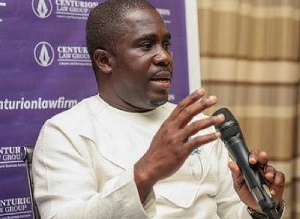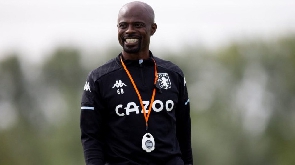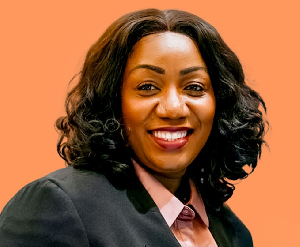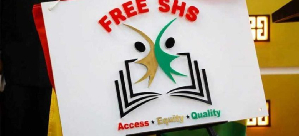By Kwame Okoampa-Ahoofe, Jr., Ph.D.
Garden City, New York
March 9, 2015
E-mail: okoampaahoofe@optimum.net
The arrest and indictment of Commissioner of Police (COP) Patrick Timbillah raises a number of significant and interesting questions (See "Accounts of Interdicted Timbillah Frozen" MyJoyOnline.com / Ghanaweb.com 3/9/15). Mr. Timbillah, until his recent indictment and placement under house arrest, was the Director of Human Resources of the Ghana Police Service (GPS). And his indictment comes in the wake of the discovery of a fraudulent process by which some prospective police officers were being admitted into the Ghana Police Academy.
In the latest incident, over 200 recruits are reported to have turned up at several training centers around the country bearing letters the bulk of which were reported to have contained the signature of Mr. Timbillah. In the wake of his arrest, several prominent Ghanaian politicians and leaders have presumed to second-guess the top-brass of the Police Service by questioning the swift and apparently harsh manner in which Mr. Timbillah was placed under house arrest and indicted. For me, though, it would be interesting to find out from the country's Interior Minister, Mr. Mark Woyongo, who claims to have become privy to the scam since late last year, precisely why personnel under his watch, and himself, waited for nearly half-a-year before throwing the proverbial book at the man who is widely alleged to have either initiated and/or operated this racket.
President Mahama and his Vice, Mr. Amissah-Arthur, cannot credibly claim to have been totally out of the loop, because both men have headed the highest authority of the Ghana Police Service, namely, the Police Council, the now-President Mahama in his former capacity as Vice-President to the late President John Evans Atta-Mills, and Mr. Amissah-Arthur, in his present capacity as Vice-President of Ghana. In view of the preceding, it comes as rather strange for Mr. Woyongo, the Interior Minister, to promise that if the government decides that it is not satisfied with investigations being conducted by the police brass into the activities of Mr. Timbillah, the next step would be to authorize the Police Council to take up the matter.
On the latter score, I unreservedly agree with those who want an Independent Investigator and/or Prosecutor to take up the matter, if the integrity of the investigation is to be ensured. It clearly does not make sense at this juncture to expect the Ghana Police Service to be its own best doctor or physician, as it were. Very likely, the extent of the rot goes well beyond and far above Mr. Timbillah. It is also rather unfortunate on the part of the leaders and politicians who questioned the swift and radical manner in which the arrest and indictment of the Director-General of Human Resources of the Ghana Police Service were effected. Such criticism eerily hints at an entrenched culture of tolerance and even respect and admiration for corruption in the country.
I am quite certain that many among the Ghanaian public would want to know how long this corrupt culture has been going on. Very likely, this racket is well-coordinated across the country; and so it would also be significant to learn about other prime beneficiaries, now that we are being told that Mr. Timbillah, alone, maintained two private bank accounts with amounts totalling GHC 1 million.
As of this writing, the parliamentary minority leadership was reported to have petitioned the Mahama-led government of the National Democratic Congress (NDC) to set up a panel of investigators to probe the activities of all cabinet appointees, as well as other high-ranking officials suspected to have amassed wealth overnight. And here, of course, it goes without saying that any such initiative would have to come from Parliament itself. The problem, here also, is that our National Assembly Representatives are themselves guilty of an abject lack of official and personal accountability.
__________________________________________________________
Opinions of Sunday, 22 March 2015
Columnist: Okoampa-Ahoofe, Kwame
What I Want To Know About Timbillah
Entertainment
